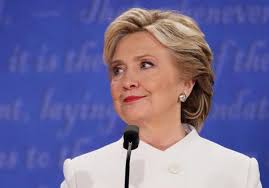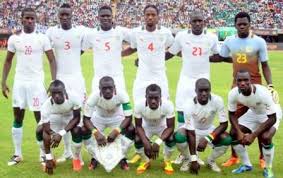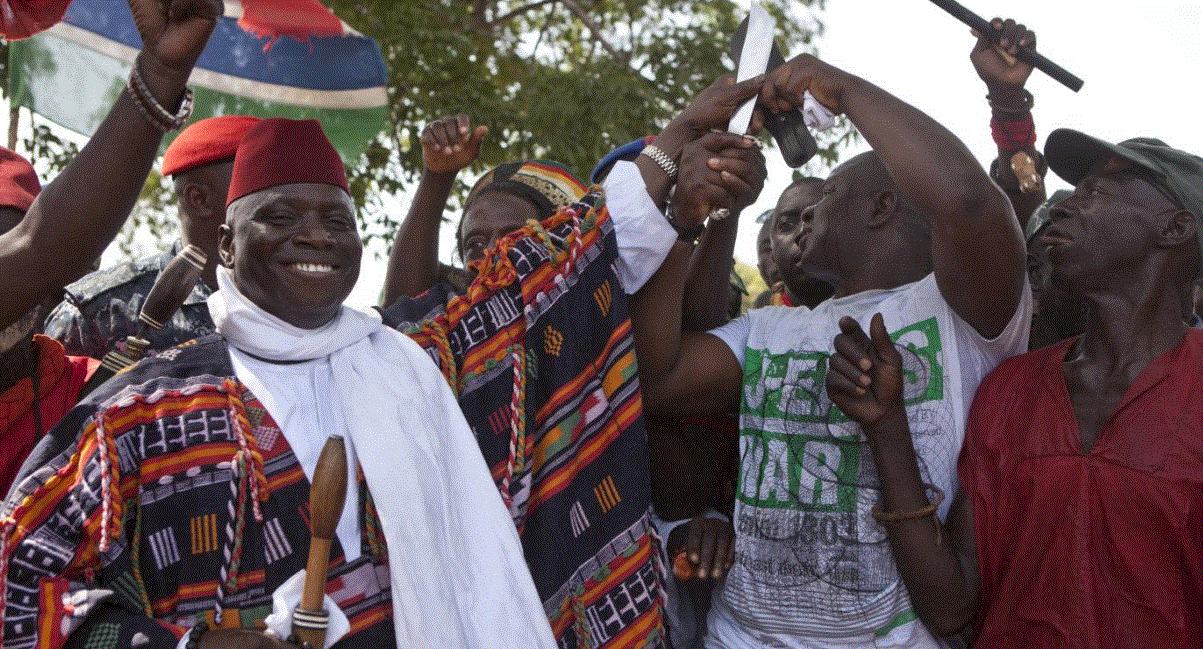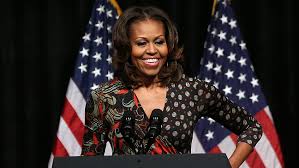Clinton's popular vote lead surpasses 2 million
Two weeks after Election Day -- as Donald Trumpassembles his Cabinet -- votes in many states are still being counted. And the tally shows that Hillary Clinton's lead in the popular vote, with Michigan's 16 electoral votes still up for grab, continues to grow..
And so the question: How confident can Americans be in the results announced in the wee hours of Nov. 9, given the problems that continue to beset our election system? Here are some answers:
Q: Who won the popular vote?
A: Clinton's lead of more than 2 million votes, according to the Cook Political Report, continues to increase, largely due to an influx of absentee and provisional ballots still being counted in California. She has about 64.2 million votes to Trump's 62.2 million; her margin in California alone is more than 3.7 million.
Question: Who won the electoral vote?
Answer: As of today, Trump has 290 votes to Clinton's 232, with Michigan outstanding. Even if Clinton wins there – a possibility despite Trump's lead since election night – she still would trail, 290-248.
Among other states where the vote was close, only Florida could flip the election. But she trails there and in Pennsylvania and Wisconsin by too many votes to trigger an automatic recount.
Q: Where are votes still being counted?
A: Most states have yet to report officials results, meaning they are still counting absentee or mail ballots or, more likely, deciding whether to count provisional ballots. Those often are cast by voters whose names did not appear on registration lists, or who may have voted in the wrong place or lacked proper identification.
Q: Why does it take so long?
A: Millions of ballots come in at the last second -- or, in states that allow it, several days after the election with the proper postmarks. It takes money, manpower and accurate voting machines to get every vote counted correctly.
"We vastly underfund the way in which we run our elections," says Michael McDonald, a University of Florida associate professor who maintains a web site on the electoral system. "The bottom line is that you want to get the count right.”
Q: How close are the two candidates in key battleground states?
A: Three thousand votes are all that separate Clinton and Trump in New Hampshire. The margin is about 12,000 in Michigan, 27,000 in Wisconsin, 68,000 in Pennsylvania and 113,000 in Florida -- close, but nothing compared to the 537 votes that separated George W. Bush and Al Gore in Florida 16 years ago.
Q: Can the votes be recounted?
A: Several states, including Pennsylvania and Florida, require the vote difference between the two candidates to be less than one-half of 1 percentage point. In Michigan, a recount is triggered automatically if the margin is less than 2,000 votes. None of those states are close enough at the moment.
Read more




